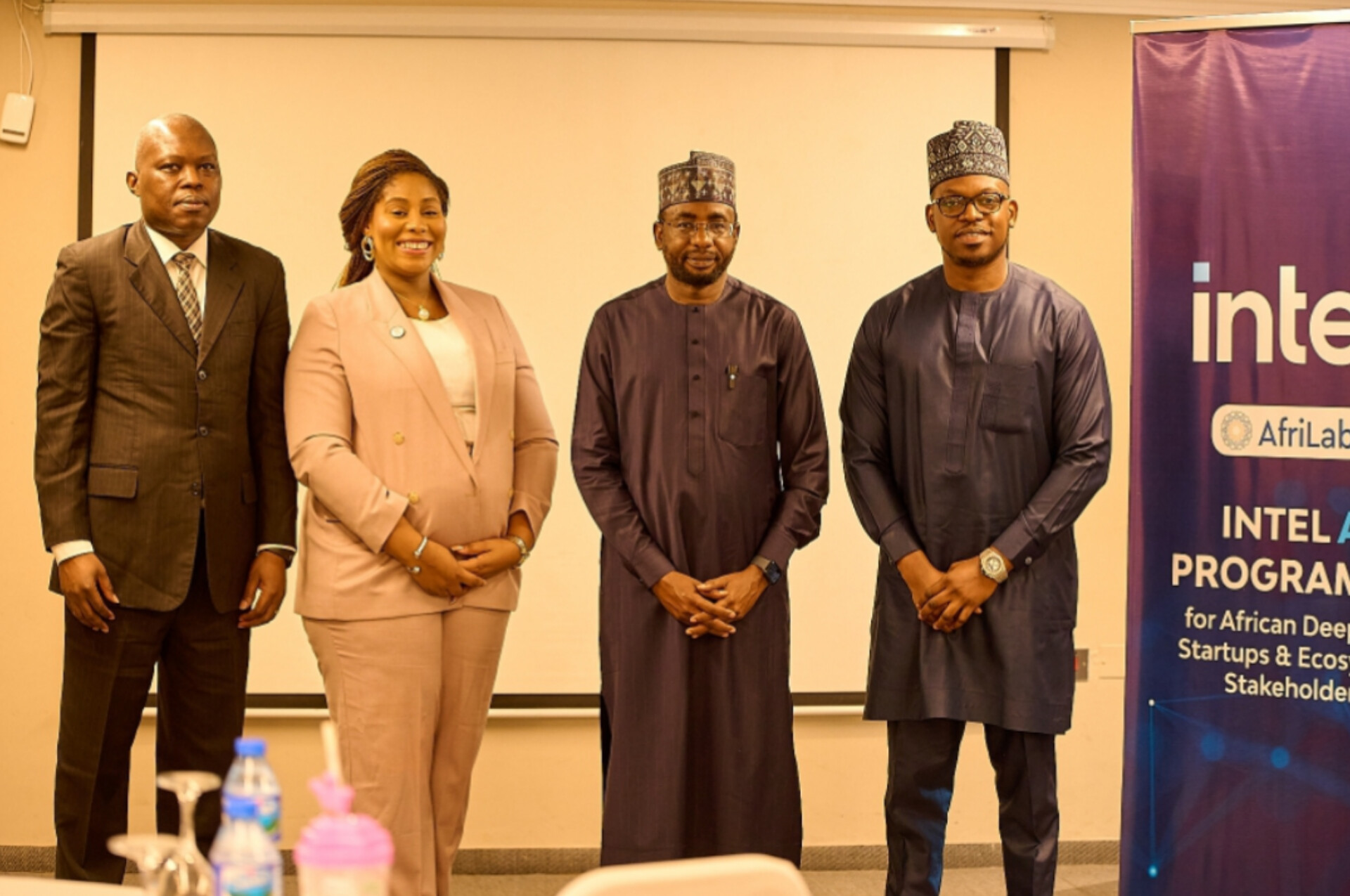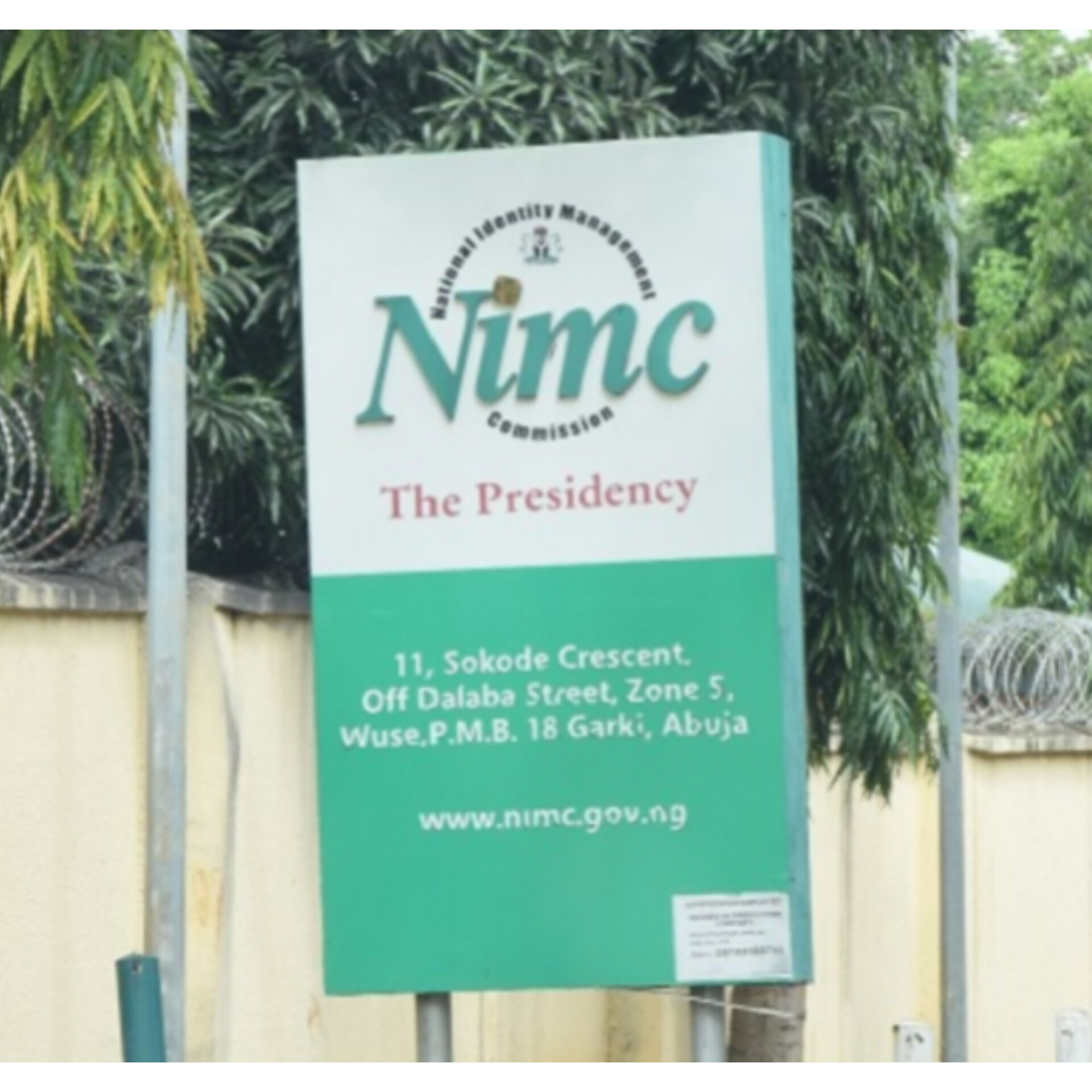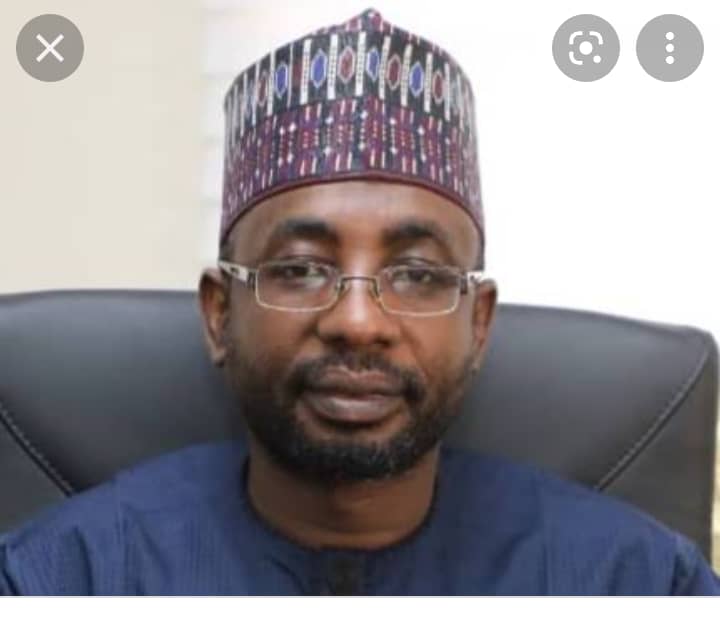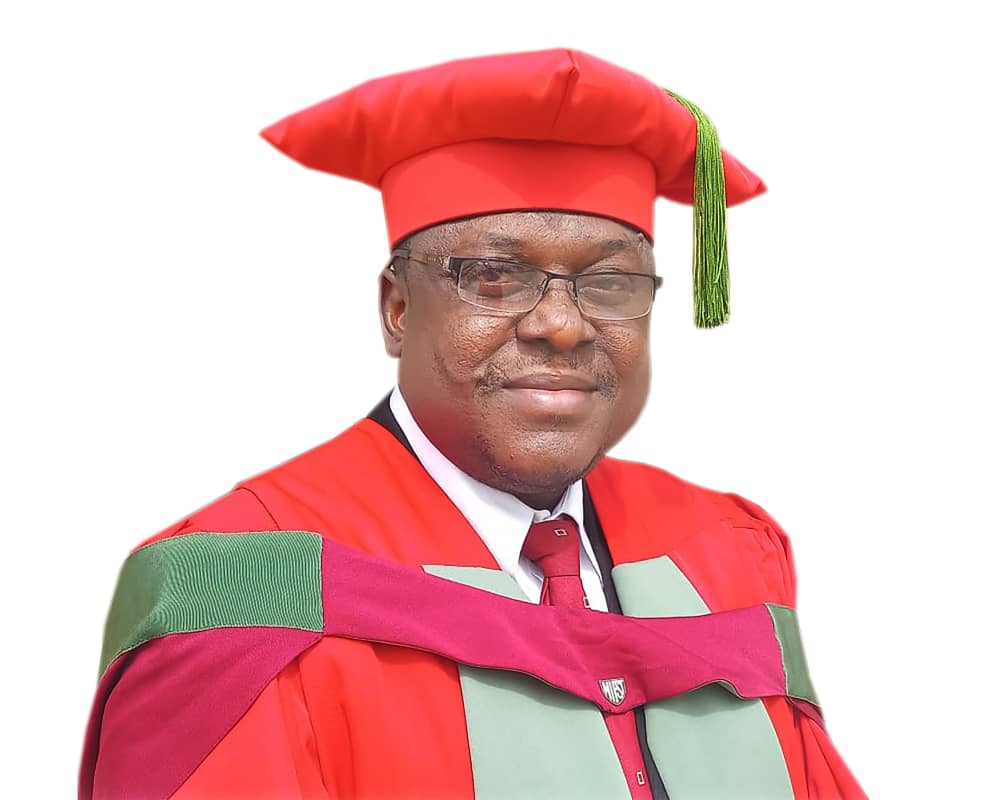Intel and AfriLabs have celebrated the successful conclusion of the Intel AI Programme for African DeepTech Startups & Ecosystem Stakeholders.
This is coming on the heels of collaborative effort to drive innovation and foster growth in Africa’s DeepTech ecosystem
The event which took place in Abuja from March 5th to 7th, 2024, will serve as a pivotal platform for stakeholders to explore the transformative potential of DeepTech across the continent.
The event, organized by AfriLabs in collaboration with Intel, aimed to propel growth and innovation in Nigeria’s DeepTech ecosystem. Participants from diverse backgrounds including government officials, industry experts, startups, developers, and ecosystem stakeholders convened to explore the challenges, opportunities, and prospects of DeepTech in Africa.

The event commenced with opening remarks from esteemed government officials and representatives from Intel and AfriLabs.
Director of Government Affairs Africa and IGA CTO Liaison at Intel, Dr. Bienvenu Agbokponto Soglo, set the stage with an insightful presentation on the socio-economic and policy implications of DeepTech in Africa.
This was followed by a thought-provoking panel discussion featuring high-level representatives from the National Information Technology Development Agency (NITDA), the Nigerian Communications Commission (NCC), Intel, and other industry partners, moderated by Jennifer Okeke-Ojiudu, Senior Ecosystem Engagements Manager at AfriLabs. 
The session provided valuable insights into the challenges and opportunities facing the DeepTech ecosystem in Africa. Finally, day one culminated with a High-Level Roundtable Discussion on AI Policy, facilitated by Dr. Bienvenu Agbokponto Soglo of Intel, engaging the Director-General of the National Centre for Technology Management, other Government Officials and AI Ecosystem Stakeholders.
Day two of the event focused on empowering startups, developers, and innovation hubs with the tools and resources needed to thrive in the AI landscape. Highlights included an introduction to the Intel® Liftoff for AI Startups Program, presentations on the Intel Developer Cloud and OneAPI initiative, and valuable lessons learned from industry experts. The day concluded with presentations from leading innovation hubs, further enriching the discourse on DeepTech entrepreneurship and innovation in Nigeria.
The final day of the event centered on building vibrant startup communities and fostering collaboration among ecosystem stakeholders. Keynote addresses by notable figures such as Ajibola Odukoya, Chief Operating Officer at AfriLabs, and Dr. Kashifu Inuwa Abdullahi, Director-General of NITDA, set the tone for engaging discussions on the role of government in driving innovation in Africa. Presentations from various innovation hubs underscored the importance of community-building and collaboration in nurturing Africa’s burgeoning DeepTech ecosystem.
Director-General of NITDA, Dr. Kashifu Inuwa Abdullahi, emphasized the importance of collaboration and shared vision in his address: “When I learned of the aims and objectives of this workshop, my enthusiasm for our ecosystem was truly ignited. At NITDA, we firmly believe that no single entity can navigate this landscape alone; collective effort is imperative.
Our vision for Nigeria is one of digital empowerment, innovation-driven prosperity, and inclusive economic growth fostered by technology. The global AI race has commenced, and the nation’s leading it will shape the future. Africa, with its abundant talent and youthful population, is poised to play a significant role. In Nigeria, our path is clear: AI is our journey, our goals are defined, and our determination is unwavering.”
Reflecting on the event’s success, Anna Ekeledo, Executive Director at AfriLabs, remarked, “This collaboration has provided a platform for meaningful engagement, knowledge-sharing, and collaboration, laying the groundwork for future innovation and growth across Africa.”
As the curtains close on the Intel AI Programme for African DeepTech Startups & Ecosystem Stakeholders, the legacy of collaboration, innovation, and empowerment lives on. Looking ahead, the journey continues as Africa’s DeepTech community embarks on a path of growth, resilience, and boundless possibilities.




